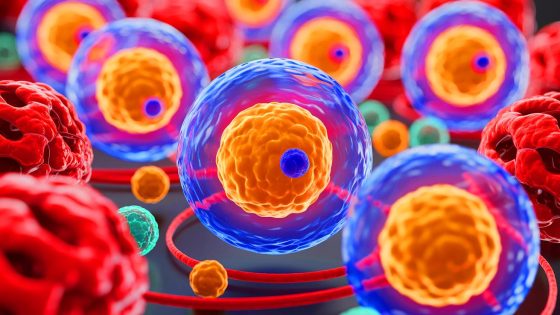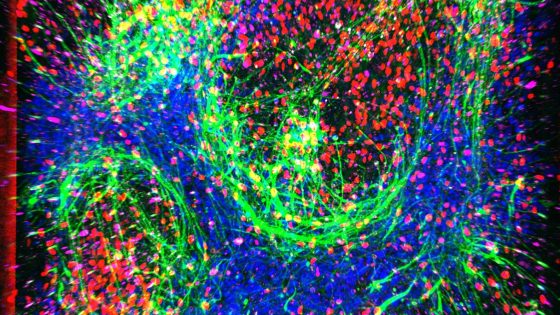Human eggs, remarkable cells that can remain viable for decades, have recently been the focus of groundbreaking research. Published on 2025-07-22 20:02:00, this study reveals how these eggs employ a minimalist strategy to preserve their integrity over time.
- Human eggs remain viable for decades.
- Eggs conserve energy by slowing metabolism.
- Research may improve IVF success rates.
- Study reveals unique egg pre-ovulation processes.
- Minimalist strategy ensures egg integrity.
- Future studies could enhance reproductive health.
By slowing down internal processes, human eggs conserve energy and minimize damage, ensuring they are ready for potential pregnancy. This discovery could revolutionize fertility treatments, particularly in vitro fertilization (IVF), by shifting how we approach egg metabolism.
This fascinating finding raises important questions about how we can enhance reproductive health. Could a focus on preserving the natural, low metabolic state of eggs lead to better IVF outcomes? Consider these points:
- Human eggs shed lysosomes before ovulation, indicating a unique pre-ovulation process.
- Lower metabolic activity may protect eggs from cellular damage.
- Understanding this strategy could lead to innovative fertility treatments.
As we delve deeper into the mysteries of human reproduction, the insights gained from this study could pave the way for significant advancements in reproductive health and longevity. How might these findings reshape our understanding of aging in other cell types?

































